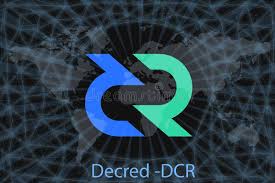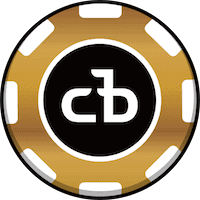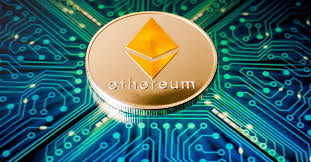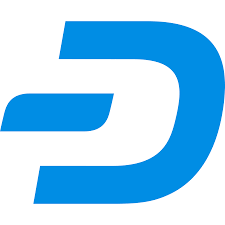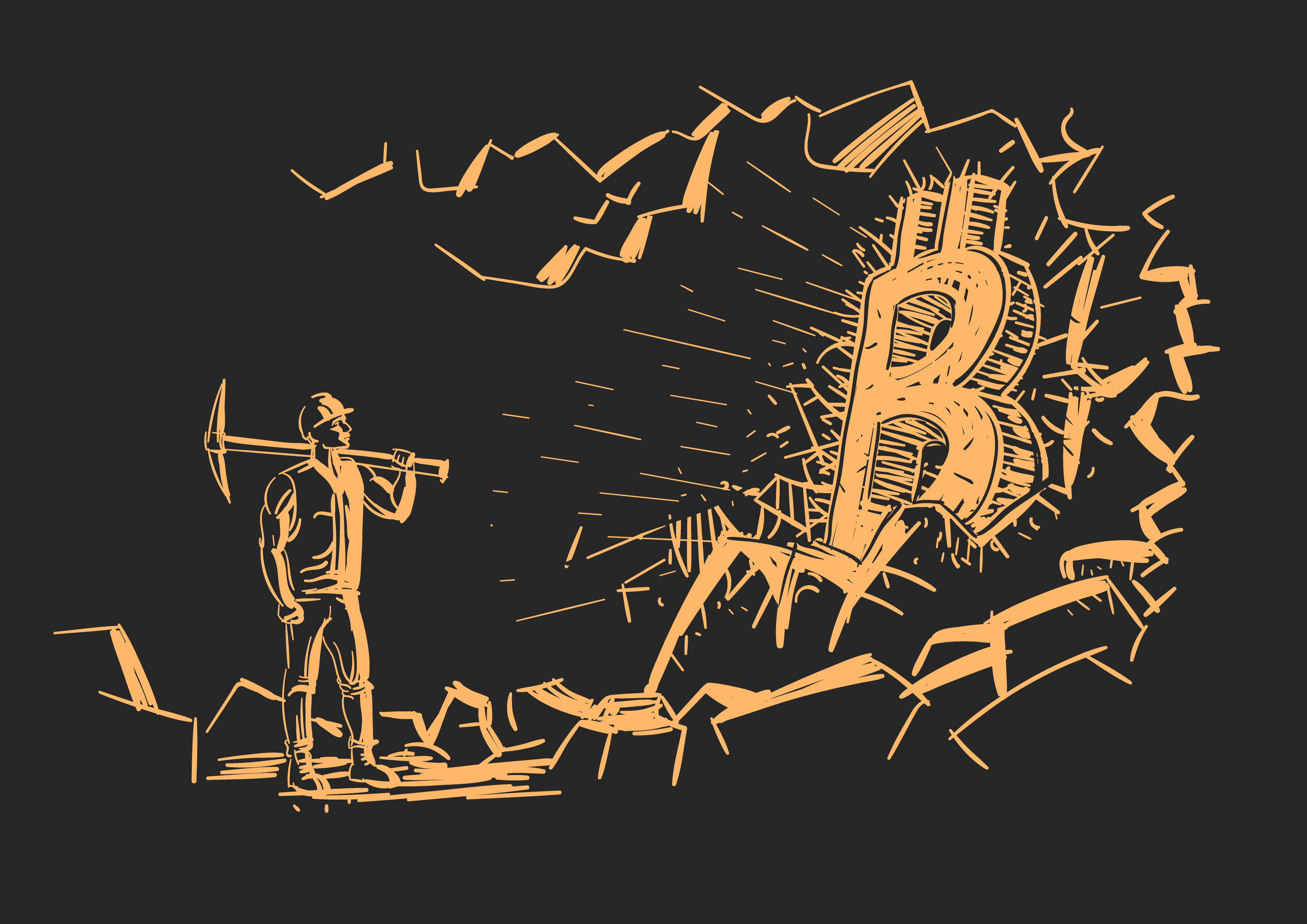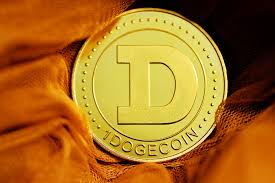Bitcoin Gold (BTG) is a digital currency. It is an open-source, decentralised digital currency without a central bank or middle person that can be sent from one client to another in the distributed Bitcoin Gold organisation. The articulated reason for the hard fork is to change the evidence of work calculation so ASICs (Application-specific integrated circuits). Which are utilised to mine Bitcoin can’t be utilised to mine the Bitcoin Gold blockchain. In the expectation that empowering mining on regularly accessible design cards will democratise and decentralise the mining and appropriation of digital currency. The undertaking started as a local area-driven exertion with six fellow benefactors, a big part of whom keep on serving on the task’s Board (counting Lead Designer, Hang Yin).

History
In July 2018, it carried out another mining calculation. The genuine calculation that was created by Zcash (presently, Electric Coin Organization) depended on the boundary set <200,9>. Bitcoin Gold has adjusted this calculation and is presently embracing the boundary set <144,5>. This new calculation is called Equihash-BTG. The new calculation requires more memory than the one that was initially developed by Zcash.
Network attacks
Not long after the launch, the site went under a distributed denial of service attack. This got analysis from Coinbase and Bittrex for being hurriedly assembled, as well as including a developer pre-mine. In May 2018, it was hit by a 51% hashing assault by an obscure actor. This kind of assault makes it conceivable to control the blockchain record on which exchanges are recorded and to spend similar digital coins at least once or twice. During the assault, 388,000 BTG (worth around US$18 million) was taken from a few digital currency trades. It was subsequently delisted from Bittrex after the group wouldn’t assist with paying a few damages. It experienced 51% attacks again in January 2020. In July 2020, form 0.17.2 was delivered as a “crisis update” to evade a long assault chain that began a couple of days prior.
Security and transparency
Other than the objective of “re-decentralizing” Bitcoin and making a more open computerised resource for more modest miners that could be all the more reasonably and effectively conveyed, Bitcoin Gold’s developers likewise focused on security and straightforwardness issues. Not at all like other blockchains (inclusive of Bitcoin), it looked to increase anonymity by not distributing exchange subtleties or wallet addresses. As a free open-source local area undertaking, decentralisation and straightforwardness in the Bitcoin Gold people group are innately anticipated. Nonetheless, dangers from programmers and other vindictive elements are a continuous concern.
Post mine
Essentially, the developers utilized what is designated “post-mine” after the launching, which concerned crypto trades as they were thinking about posting BTG. This was the retroactive mining of 100,000 coins after the fork had proactively occurred. The way this happened was through the fast mining of around 8,000 blocks, the aftereffects of which were saved as an “enrichment” of sorts, to be utilised to develop and keep up with the more extensive Bitcoin Gold organisation. Around 5% of those 100,000 coins were saved for every one of the six essential colleagues as a little something extra. The excess 95,000 coins were saved to help the development of the BTG people group’s environment
Air dropping
At the hour of its launching, all Bitcoin proprietors were supposed to get BTG coins at the pace of one Bitcoin Gold token for every Bitcoin token. A cycle known as air-dropping. Coinbase, one of the biggest cryptocurrency trades on the planet, was quite wary of Bitcoin Gold at the hour of kickoff. Dissimilar to Bittrex, Coinbase at last chose to keep BTG off its trade. Coinbase delegates expressed that the trade “can’t uphold Bitcoin Gold because its designers have not made the code accessible to people in general for audit. This is a significant security risk”. Coinbase didn’t air-drop BTG to Bitcoin holders on its foundation upon its delivery in October 2017. This activity brought about a claim recorded against Coinbase by the offended party Daniel Bowman on Walk 27, 2018. This guaranteed Coinbase had disregarded the details of its agreement understanding. Explicitly carelessness, transformation, and break of agreement. The first decision expressed that Coinbase’s concurrence with Bowman contained no part requiring Coinbase to offer types of assistance for digital currencies from outsiders. In August 2020, the re-appraising court asserted the first court’s synopsis judgment for Coinbase.
You can also find these articles helpful
Is it profitable to trade Bitcoin Gold
Advantages and disadvantages of Bitcoin Gold
Bitcoin vs MonaCoin
